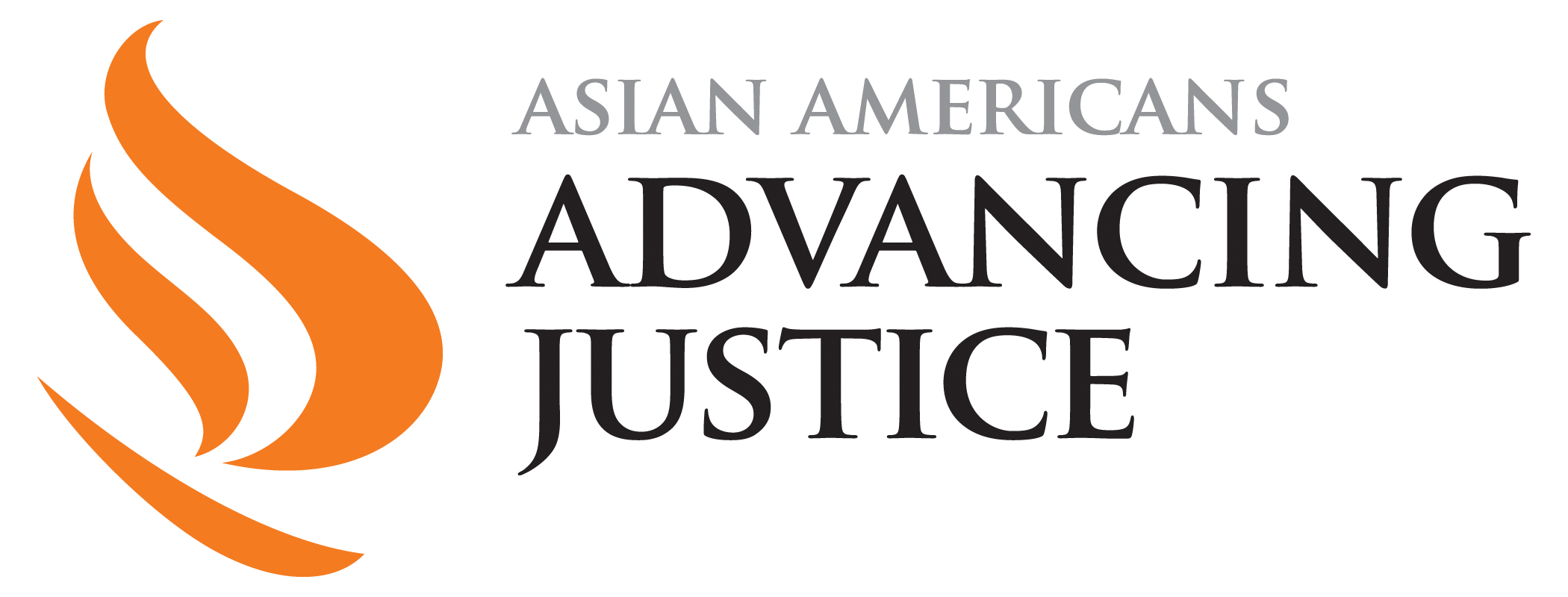Important information about DACA requests: On January 20, 2021, President Biden issued a memorandum directing the Secretary of Homeland Security, in consultation with the Attorney General, to take appropriate action to preserve and fortify DACA, consistent with applicable law.
In compliance with an order of a United States District Court, and effective Dec. 7, 2020, U.S. Citizenship and Immigration Services (USCIS) is: DACA UPDATE
What is DACA?
On June 15, 2012, the secretary of Homeland Security announced that certain people who came to the United States as children and meet several guidelines may request consideration of deferred action for a period of two years, subject to renewal. They are also eligible for work authorization. Deferred action is a use of prosecutorial discretion to defer removal action against an individual for a certain period of time. Deferred action does not provide lawful status.
DACA Renewal Process
You can renew if you:
- Did not depart the United States on or after Aug. 15, 2012, without advance parole;
- Have continuously resided in the United States since you submitted your most recent DACA request that was approved; and
- Have not been convicted of a felony, a significant misdemeanor, or three or more misdemeanors, and do not otherwise pose a threat to national security or public safety.
- Get Help: Don’t apply alone. All DACA renewals are being accepted by USCIS. Consult a qualified attorney before submitting any application to immigration authorities, particularly if you have had any contact with police or any unauthorized absences from the U.S.
- Apply at least 150 days before your DACA and work permit expire. However, USCIS is now accepting applications more than 150 days prior to the expiration date and up to 364 days prior to the expiration date, so you can apply if your DACA will expire in less than 1 year.
- Note: you can still renew even if you are over 31, have graduated, or have moved schools.
- Collect documents as evidence you meet the guidelines: You will need to submit supporting documents with your request for DACA. You can submit legible copies of these documents unless the instructions specify you must submit an original document.
- G-28 – Notice of Entry of Appearance As Attorney (Optional)
- G-1145 – E-Notification (Optional)
- Form I-821D – Consideration of Deferred Action for Childhood Arrivals (DACA). Indicate this is a renewal application and only complete sections required for renewal applicants. Provide updated information in those sections.
- Form I-765 – Application for Employment Authorization (EAD). Indicate the application is for a renewal EAD (work permit). List your current status as “DACA recipient,” and for question 16 the eligibility category is (C)(33).
- Form I-765WS – Worksheet. Briefly explain your economic need to work.
- Submit Applications: Include two passport photos, copy of current work permit and fee. The fee is $495.00.
- Schedule Biometrics Appointment: You will receive a receipt by mail and a biometrics (fingerprinting) appointment notice.
- Final Steps: After being fingerprinted, you will either receive a letter asking for additional information (called a Request for Evidence) or a final decision.
Advance Parole
You can only travel for the following reasons:
- humanitarian purposes, including travel to obtain medical treatment, attending funeral services for a family member, or visiting an ailing relative;
- educational purposes, such as semester-abroad programs and academic research, or;
- employment purposes such as overseas assignments, interviews, conferences or, training, or meetings with clients overseas
When applying for Advance Parole you must fill out the Application for Travel Document (Form I-131) and pay the fee
Here you can find the application fees and download the document
Checklists to stay informed:
- Make sure that you qualify. First check the qualifications to make sure you can apply, double check by getting in contact with an attorney
- Next be prepared to pay the fee for the application process. The fee is $495, you can pay through cash or Money Order. However if you can’t afford to pay the fee there are centers available to aid you
- If it is your first time applying some things to expect is: a lot of paperwork and documents. It will take a couple of months before you receive your DACA in the mail and your work permit. *Remember that this will last up to two years before you have to renew*
Here is a Guide on Financial Planning
Aid Centers to consider for legal help:
Monday – Friday
Phone: (English 888-349-9695) ; (Chinese 800-520-2356) ; (한국어 800-867-3640)
Telephone: (510) 768-3100
Open from 9:00 – 5:00 Closed for lunch 12:00 – 1:00
Oakland Phone: (510) 451-2846×301
oakland@iibayarea
San Francisco (415) 138-8100×206
sfinfo@iibayarea
Phone: (510) 437-1554
3400 East 12th Street, Oakland, CA 94601 (ONLY Immigration clinic)
Other Visas
Victims of Criminal Activity U Nonimmigrant Status: U-Visa: U-Visa
Victim of Human Trafficking T Nonimmigrant Status: T-Visa
Humanitarian Refugees: Refugee
Humanitarian Asylum: Asylum
Humanitarian Parole: Humanitarian Parole
Advance Parole for DACA: Application for Travel Document I-131
Temporary Protected Status: TPS El Salvador
Temporary Protected Status: TPS Haiti
Temporary Protected Status: TPS Nepal
Temporary Protected Status: TPS Honduras
Immigration Legal Intake: Immigrants Rising’s Immigration Legal Intake Service is an online survey to help undocumented young people learn about possible immigration options.
For more information please visit the uscis.gov website. Additionally, Direct appointments with the UCRC can be made though the Contact Us page.

 Canvas
Canvas
 Donate
Donate
 Let's Talk!
Let's Talk!






